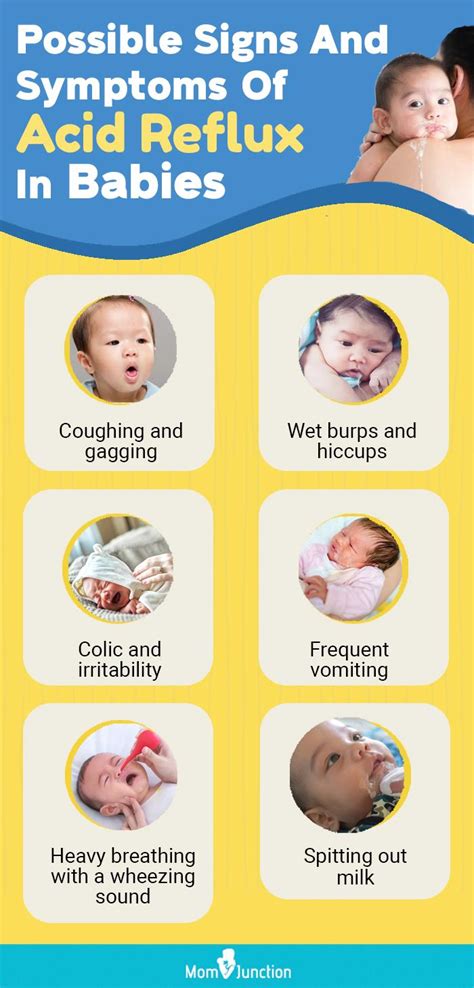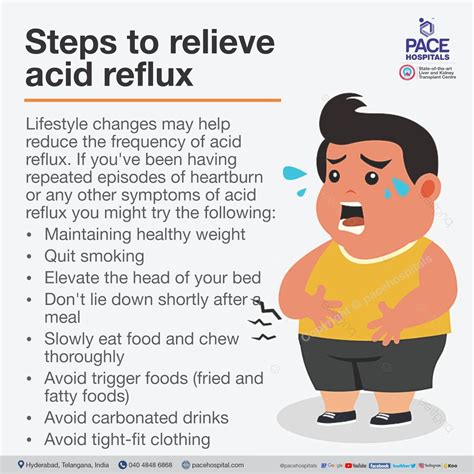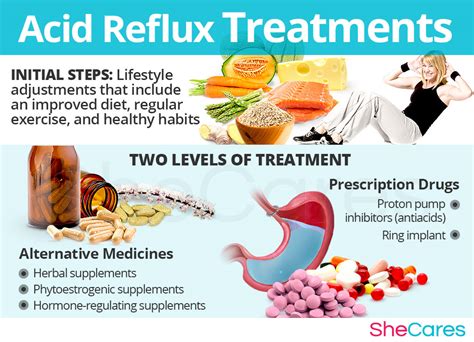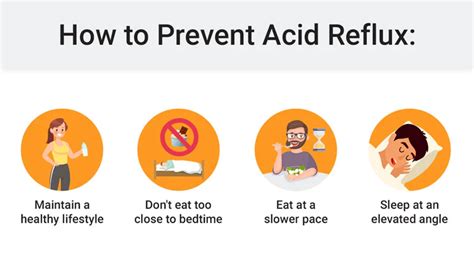Intro
Discover symptoms, causes, and treatments for acid reflux in newborns, including infant GERD, colic, and spitting up, to soothe your babys discomfort and promote healthy digestion.
Acid reflux in newborns is a common condition that can cause discomfort and distress for both the baby and the parents. It is estimated that up to 50% of newborns experience some degree of acid reflux, with the peak age being around 4-6 months. As a parent, it can be alarming to see your baby experiencing symptoms such as spitting up, vomiting, and irritability, especially after feeding. However, understanding the causes, symptoms, and treatment options can help alleviate concerns and provide relief for your little one.
Newborns are prone to acid reflux due to their immature digestive system and the way they eat. When a baby is born, their esophagus and stomach are still developing, and the lower esophageal sphincter (LES) may not be fully functional. The LES is a ring-like muscle that separates the esophagus and stomach, and its main function is to prevent stomach acid from flowing back up into the esophagus. In newborns, the LES may be weak or relaxed, allowing stomach acid to flow back up into the esophagus, causing discomfort and pain.
The symptoms of acid reflux in newborns can vary, but common signs include spitting up or vomiting after feeding, fussiness or irritability, especially after feeding, arching of the back or neck, and refusal to feed. In some cases, babies may also experience gagging or choking, coughing or wheezing, and hoarseness or a raspy voice. If you suspect that your baby is experiencing acid reflux, it's essential to consult with your pediatrician to rule out any other underlying conditions.
Causes of Acid Reflux in Newborns

Factors That Contribute to Acid Reflux
Several factors can contribute to acid reflux in newborns, including: * Premature birth: Premature babies are more likely to experience acid reflux due to their underdeveloped digestive system. * Low birth weight: Babies with low birth weight may have a higher risk of acid reflux. * Family history: If there is a family history of acid reflux or GERD, the baby may be more likely to experience it. * Food allergies or intolerances: Allergies or intolerances to certain foods, such as milk or soy, can contribute to acid reflux.Symptoms of Acid Reflux in Newborns

Diagnosing Acid Reflux in Newborns
Diagnosing acid reflux in newborns can be challenging, as the symptoms can be similar to other conditions. Your pediatrician may use a combination of physical examination, medical history, and diagnostic tests to determine if your baby has acid reflux. Diagnostic tests may include: * Upper GI series: A test that uses X-rays to visualize the upper digestive system. * Endoscopy: A test that uses a flexible tube with a camera to visualize the esophagus and stomach. * pH probe: A test that measures the acidity of the esophagus.Treatment Options for Acid Reflux in Newborns

In more severe cases, medication may be necessary to reduce stomach acid and alleviate symptoms. Medications may include:
- Antacids: Medications that neutralize stomach acid.
- Histamine-2 (H2) blockers: Medications that reduce acid production in the stomach.
- Proton pump inhibitors (PPIs): Medications that block the production of stomach acid.
Home Remedies for Acid Reflux in Newborns
In addition to lifestyle changes and medication, there are several home remedies that can help alleviate symptoms of acid reflux in newborns. These include: * Ginger: Ginger has natural anti-inflammatory properties that can help soothe the digestive system. * Fennel: Fennel has natural carminative properties that can help alleviate gas and bloating. * Chamomile: Chamomile has natural soothing properties that can help calm the baby and alleviate symptoms.Preventing Acid Reflux in Newborns

Complications of Acid Reflux in Newborns
If left untreated, acid reflux in newborns can lead to several complications, including: * Respiratory problems: Acid reflux can cause stomach acid to flow up into the lungs, leading to respiratory problems such as pneumonia or asthma. * Failure to thrive: Acid reflux can cause feeding difficulties, leading to failure to thrive or poor weight gain. * Esophageal stricture: Acid reflux can cause scarring and narrowing of the esophagus, leading to difficulty swallowing.Conclusion and Next Steps

We hope this article has provided you with valuable information and insights into acid reflux in newborns. If you have any questions or concerns, please don't hesitate to reach out to your pediatrician or leave a comment below. Share this article with your friends and family to help spread awareness about acid reflux in newborns.
What are the symptoms of acid reflux in newborns?
+The symptoms of acid reflux in newborns include spitting up or vomiting after feeding, fussiness or irritability, especially after feeding, arching of the back or neck, and refusal to feed.
How is acid reflux in newborns diagnosed?
+Acid reflux in newborns is diagnosed through a combination of physical examination, medical history, and diagnostic tests such as an upper GI series, endoscopy, or pH probe.
What are the treatment options for acid reflux in newborns?
+The treatment options for acid reflux in newborns include lifestyle changes, home remedies, and medication such as antacids, H2 blockers, or PPIs.
